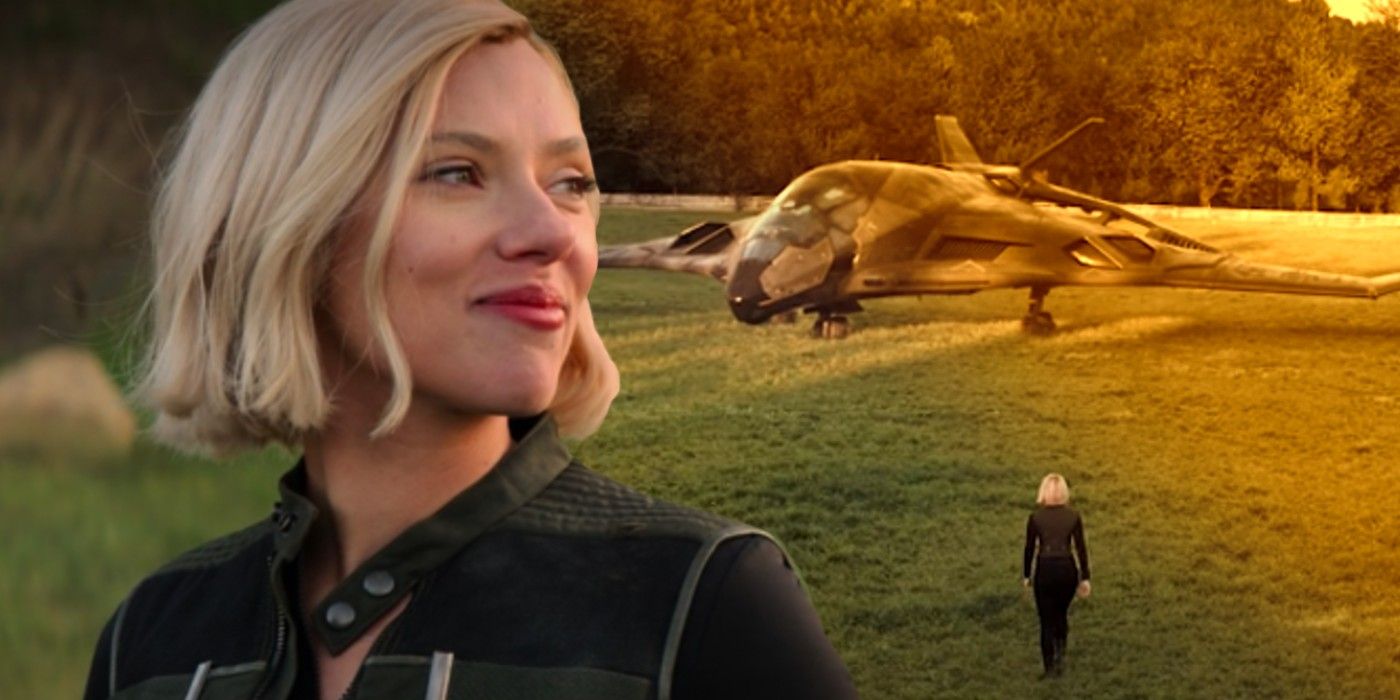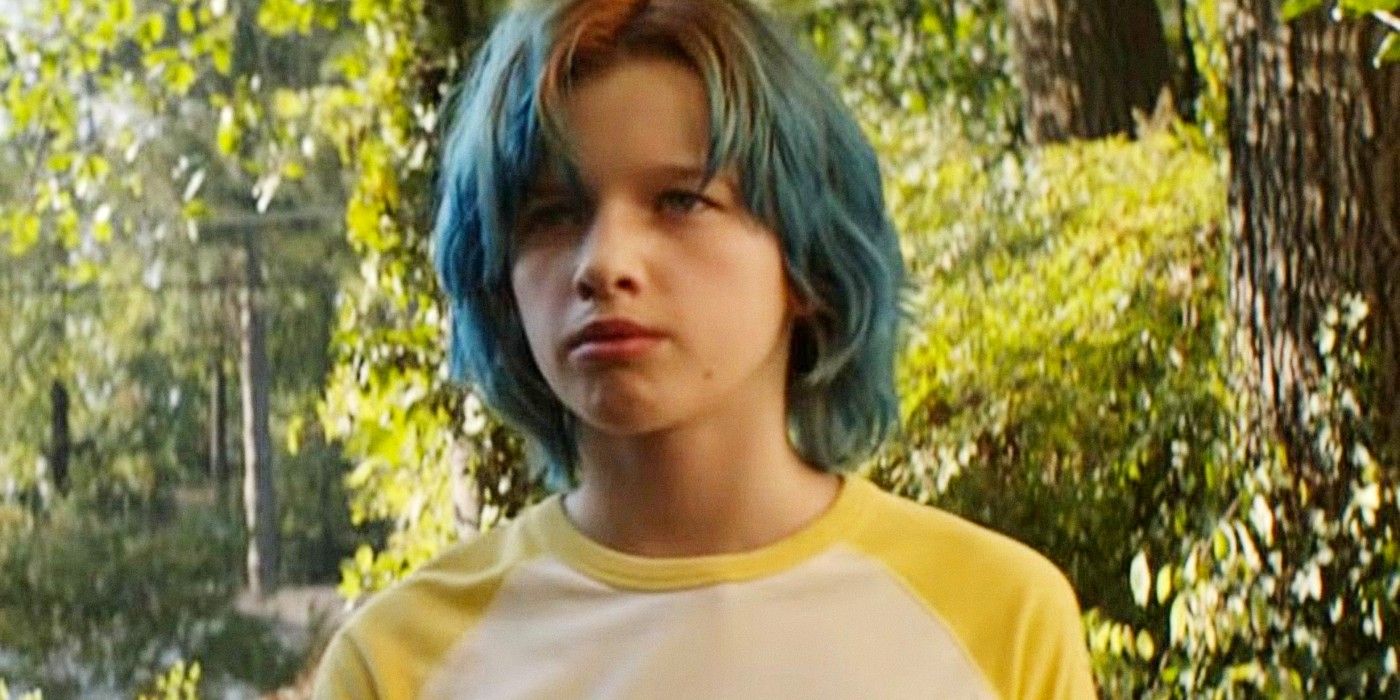Black Widow's unused ending makes for a better way to cap off the film than the Avengers: Infinity War set up it had. Scarlett Johansson's long-overdue solo film was finally released, capping off her run as Natasha Romanoff in the MCU. But, to be able to work around her death in Avengers: Endgame, it was set on the heels of Iron Man (Robert Downey Jr.) and Steve Rogers' (Chris Evans) falling out in the timeline of Captain America: Civil War.
As a period piece, Black Widow follows Nat on the run from the U.S. government after disobeying the Sokovia Accords. Her solo journey leads her to reunite with her Russian family in Europe. As it turns out, Nat was part of covert operations in the U.S. back in the mid-'90s where she was a member of a fake family living in Ohio with Alexei Shostakov/Red Guardian (David Harbour), Melina Vostokoff (Rachel Weisz), and Yelena Belova (Florence Pugh). The group banded back together to ensure that the Red Room program is finally destroyed and its leader, General Dreykov (Ray Winstone) finally defeated. In the end, they succeeded in their mission, with the film's final moments effectively setting up Nat's subsequent adventures in Infinity War.
This made for a seamless transition in explaining how she went from her solo mission to joining the Secret Avengers in their underground operations for two years after Civil War. That being said, Black Widow's unused ending is arguably a much better way to cap off the film than what the filmmakers went with. In the deleted scene released in celebration of the movie's digital rollout, Nat is seen traveling on her own to Ohio, back to the childhood home she shared with Alexei, Melina, and Yelena. It's a great way to bring her story full circle since the blockbuster started with their final days in America, and as both she and her quasi-sister admitted to each other, it's a memory that they will always treasure. Seeing Nat's flashbacks visit her childhood house, even just to see it, hinted that she's ready to embrace that part of her life after not being forthcoming with it.
On top of this, Nat's quiet exchange with the young girl in the neighborhood highlights her impact as a hero and an Avenger. As the only original female Earth's Mightiest Hero, who, oftentimes, was overlooked, the kid's encounter with Black Widow can also be read as a meta-reference to Johansson's impact in terms of female representation on the screen, especially in a male-dominated genre. Instead of going for these deeper themes by going with the aforementioned scene, Marvel Studios opted for a bland and mostly forgettable ending, designed to set up Infinity War more than anything else. If anything, the Black Widow ending felt impersonal for its titular character since she's not really involved with the personal conflict between Tony and Steve which was what ultimately drove them apart, not the Sokovia Accords.
While Black Widow was a perfectly decent MCU standalone, it still fell short of giving Nat the send 0ff she deserves. The solo film did treat the character much better than Endgame which is still criticized for her untimely and undeserved death. Marvel Studios had a chance to make up for it, albeit in an unconventional way, in her first and last solo flick; unfortunately, they failed to take full advantage of the opportunity.









